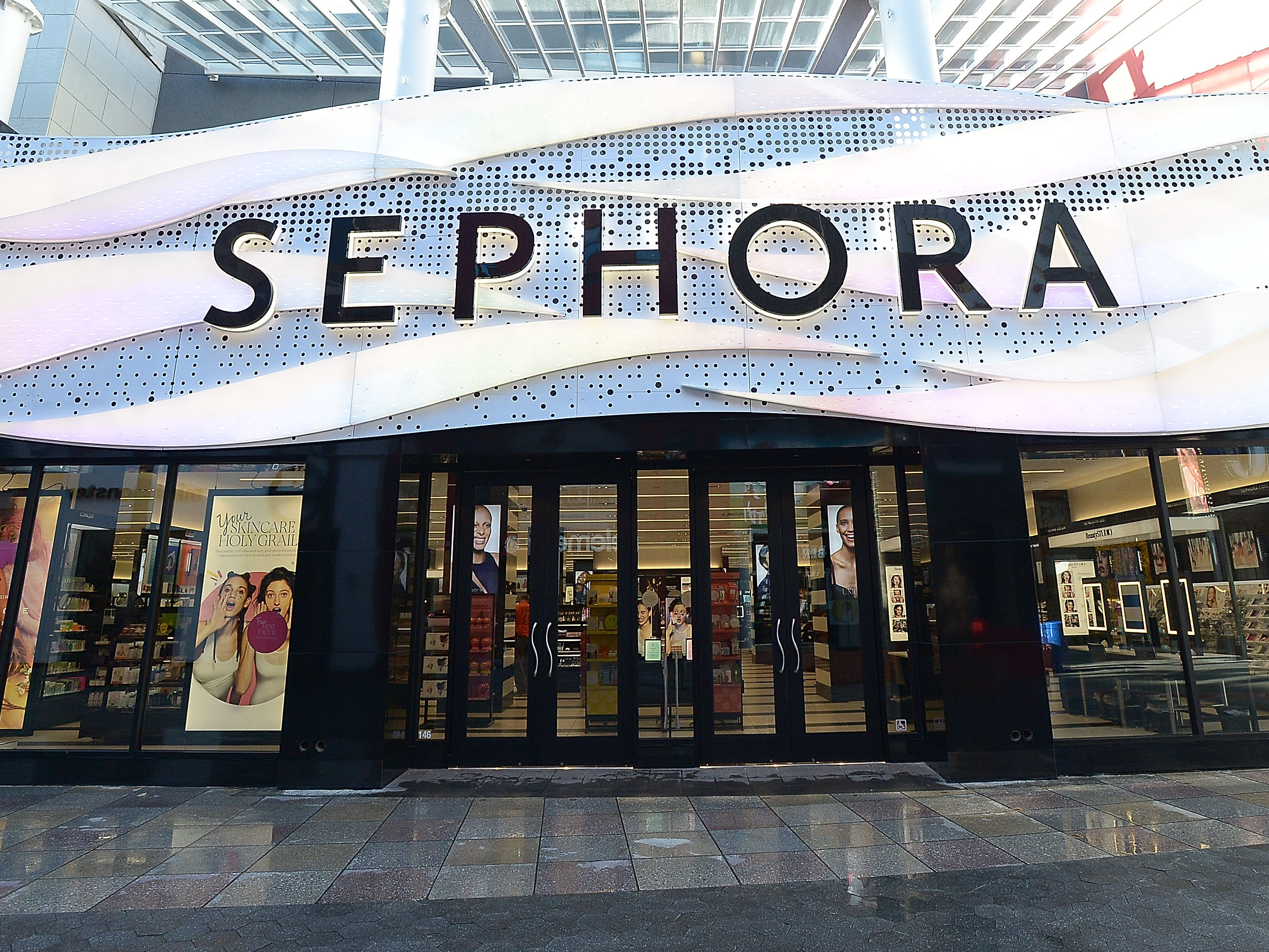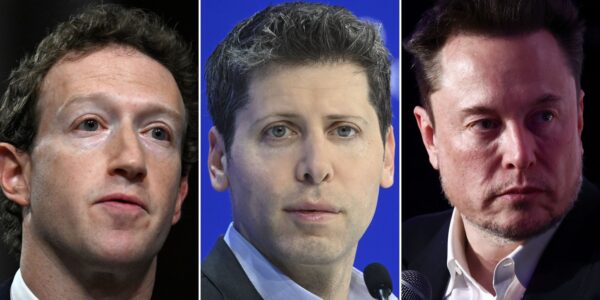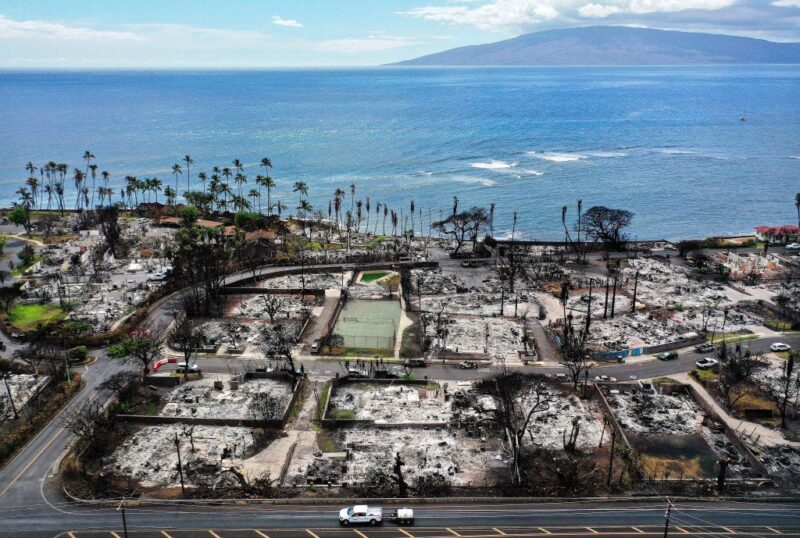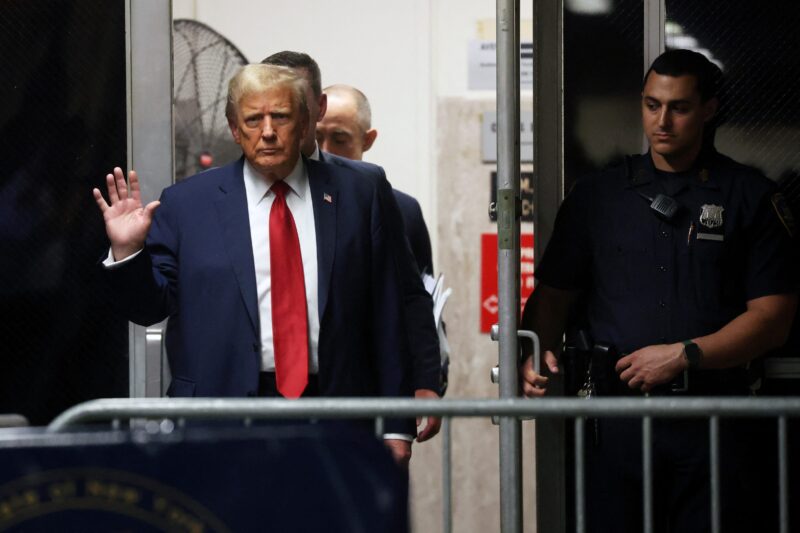- On Wednesday, Sephora will temporarily close its US stores, distribution center, and corporate office to hold one-hour-long inclusion trainings across the company.
- Sephora announced the trainings on social media nearly a month after SZA, a Grammy-nominated musician, accused a store employee of racially profiling her and calling security while she was shopping.
- Despite Sephora’s intentions, a day of training may not be enough to end discrimination throughout the company, according to Ronn Torossian, a crisis management expert and CEO of the public relations agency 5WPR.
- To achieve real success, retailers could hold long-term trainings rather than single-day sessions in an attempt to prevent racial discrimination before it starts.
- Visit INSIDER’s homepage for more stories.
You won’t be able to shop for your favorite beauty products at Sephora on Wednesday morning.
According to the company’s social media pages, Sephora will temporarily close its US stores, distribution center, and corporate office for one hour in attempts to foster a “more inclusive beauty community” through inclusion trainings.
The closures were announced nearly one month after Grammy-nominated musician SZA accused a Sephora employee of racially profiling her.
But Sephora isn’t the first brand to announce such trainings, and it’s unlikely to be the last company to face accusations of racial profiling. And though these trainings have been introduced with seemingly good intentions, the practice might not be enough to rid Sephora, and other companies, of racial profiling and bias.
Sephora announced its day of inclusion trainings on social media
In May, Sephora took to Facebook to announce that it would be closing its US stores on the morning of Wednesday, June 5. The retailer also announced it would close its distribution center and corporate office that same morning.
A video campaign called "We Belong to Something Beautiful" was shared alongside the message. In the video, Sephora said it "believes in championing all beauty, living with courage, and standing fearlessly together to celebrate our differences."
"We will never stop building a community where diversity is expected, self expression is honored, all are welcomed, and you are included," Sephora wrote in its video.
In a press release sent to INSIDER, Sephora said the company has had plans for inclusivity training in the works for months.
"The 'We Belong to Something Beautiful' campaign has been in the works for a year," representatives for Sephora said in the press release.
"The plan to close our US stores, distribution centers, call centers, and corporate office for a one-hour inclusivity workshop with our 16,000 employees has been in development for over six months, timed with our first campaign chapter debuting on June 6," representatives added.
According to another press release from Sephora, the company has plans to "sustain this dialogue with subsequent learning moments for all our teams" in the future. Sephora did not clarify to INSIDER what the "learning moments" would entail.
The trainings were announced nearly a month after SZA accused a Sephora employee of racially profiling her
On May 1, the Grammy-nominated musician posted a tweet in which she said a Sephora employee at a store in Calabasas, California, called security to make sure that she wasn't stealing makeup.

The musician nicknamed the employee in question "Sephora Sandy," and said she had "a long talk" with them.
"Lmao Sandy Sephora location 614 Calabasas called security to make sure I wasn't stealing. We had a long talk. U have a blessed day Sandy," SZA wrote on Twitter.
Lmao Sandy Sephora location 614 Calabasas called security to make sure I wasn’t stealing . We had a long talk. U have a blessed day Sandy
— SZA (@sza) May 1, 2019
In another tweet, she wrote that she was trying to shop for Fenty Beauty products "in peace."
Can a bitch cop her fenty in peace er whut
— SZA (@sza) May 1, 2019
Sephora promptly responded to the musician over Twitter, and called SZA a "part of the Sephora family."
"You are a part of the Sephora family, and we are committed to ensuring every member of our community feels welcome and included at our stores," Sephora's tweet reads.
You are a part of the Sephora family, and we are committed to ensuring every member of our community feels welcome and included at our stores.
— Sephora (@Sephora) May 1, 2019
At the time, Sephora shared a statement with INSIDER in which representatives for the retailer said Sephora aims to be "an inclusive and welcoming space" for its shoppers.
"We have been informed of an incident at our Calabasas store and in addition to reaching out to SZA directly, we are gathering more information about the incident in order to take the proper next steps," a Sephora representative said in the statement.
"We take complaints like this very seriously, profiling on the basis of race is not tolerated at Sephora," the statement continued. "Our purpose has always been rooted in our people and ensuring that Sephora is an inclusive and welcoming space for all our clients."
Read more: SZA says a Sephora employee called security to make sure she wasn't stealing beauty products
In the more recent press release sent to INSIDER, Sephora said the retailer's day of training was not inspired by SZA.
"While it is true that SZA's experience occurred prior to the launch of the 'We Belong to Something Beautiful' campaign, the campaign was not the result of this tweet," Sephora representatives wrote. "However, it does reinforce why belonging is now more important than ever."
Sephora isn't the first brand to close its stores while hosting employee-training programs
On May 29, 2018, Starbucks closed 8,000 of its stores across the US to host racial-bias training. The company did so after two black men were arrested in April 2018 at a Starbucks in Philadelphia.
According to a previous Business Insider report, a Starbucks employee called police after Rashon Nelson asked to use the bathroom without purchasing anything. Witnesses recorded the arrest of Nelson, as well as his friend, and said the two men "didn't do anything."
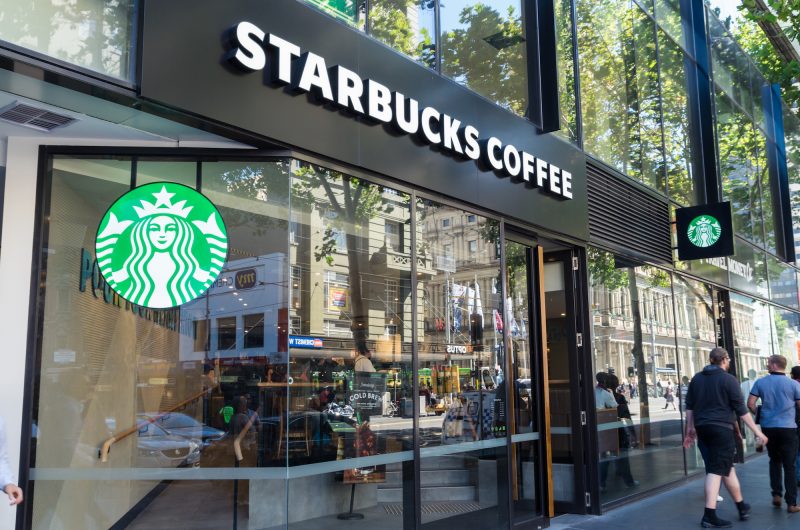
Weeks later, Starbucks hosted trainings that included educational videos, like clips of Stanley Nelson's "You're Welcome" documentary (independently created for Starbucks' trainings), lectures from experts at an anti-bias organization called the Perception Institute, and chances for employees to discuss their own experiences with racial bias.
To create the training program, Starbucks pulled together a team comprised of former US Attorney General Eric Holder and the musician Common, among others.
While it's not entirely clear what Sephora's inclusion workshops will entail, Sephora said in its latest press release that the brand plans to "re-commit to building an environment of inclusion" on Wednesday.
"We'll be discussing what it means to belong, across many different lenses that include, but are not limited to, gender identity, race and ethnicity, age, abilities, and more," the brand said.
Sephora and Starbucks initially approached similar situations very differently
In a statement sent to INSIDER, Ronn Torossian, a crisis management expert and CEO of the public relations agency 5WPR, said Sephora's handling of its incident with SZA could have made all the difference in the future of the brand.
"Starbucks chose to ignore the problem early on, which did not help them in the long run," Torossian said in a statement. "Sephora, on the other hand, confronted the situation right on Twitter and responded to the singer's tweet."
"While this isn't always the best option, it's important to be clear and concise when determining the overall message and response that the brand is sending out into the public," he continued.
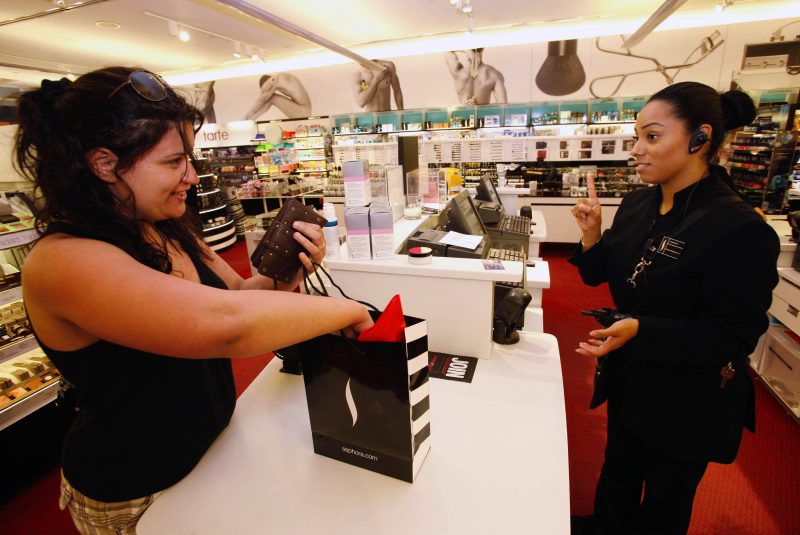
SZA likely isn't the sole reason why Sephora plans to temporarily close its stores
While SZA's incident with the company may have pushed Sephora to act quickly, it's now common for retailers to publicize their training methods.
"Sephora's new manifesto is a call to action in order to please the public and not face further scrutiny," Torossian told INSIDER.
"Retailers and brands are always reshaping their policies regarding diversity and making sure their standards stay up to date," he continued. "I doubt Sephora didn't have anything in the pipeline, but that doesn't mean the incident with SZA didn't help put that into action."
Representatives for SZA did not immediately reply to INSIDER's request for comment.
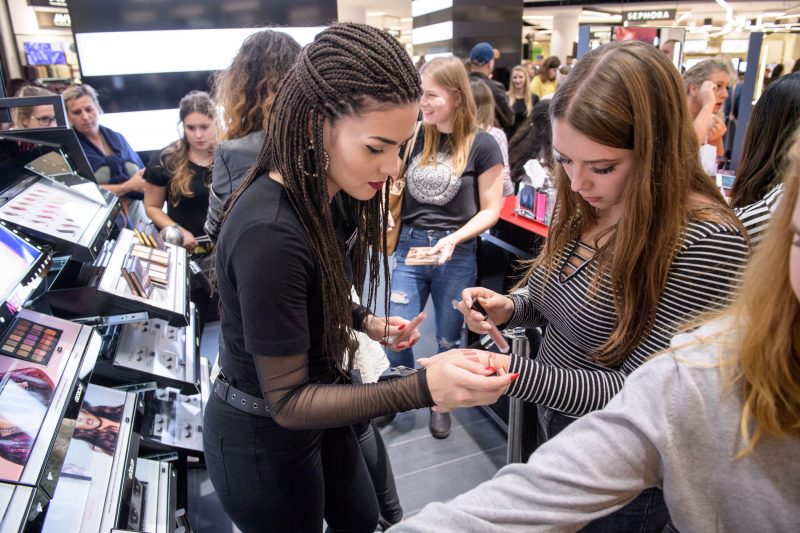
Sephora says it has hosted multiple employee-training programs and inclusive customer classes in recent years. The press release also said the company has internal programs that it says are meant to inspire diversity within Sephora, including: "SephoraNoir for Black employees, SephoraPrism for LGBTQA+ employees, INspirASIAN for Asian employees, Mi Gente for Hispanic and LatinX employees, EllesVMH, a LVMH leadership program for women, and [a] Working Parents program for employees with children."
Sephora says these "employee affinity groups" are designed to "focus on building a supportive community network," encouraging employees to meet, attend regular events, and host speakers. The brand says its programs focus on "influencing business decisions around inclusion" and "lifting the voices of the diverse perspectives of Sephora employees," as well as helping members grow their leadership skills. Members of some groups have also tested products to help inform the store's merchandise choices and shade ranges for its in-house label Sephora Collection, according to the company.
Inclusion trainings might not be enough to end racial profiling at Sephora and other companies
Inclusion trainings can be necessary for corporations like Sephora, however, that doesn't mean the trainings are always effective.
"When it comes to this level of public scrutiny, being that a high-profile celebrity was involved, it's somewhat necessary for retailers to react swiftly and determine the appropriate course of action," Torossian said in a statement.
"While this does not totally combat the issue, from a public relations standpoint, it does help mitigate some of the trolling and tension between the retailer and the public," he continued. "The move is one that falls in line with Sephora making an attempt to restore its image and brand reputation within the public sphere."
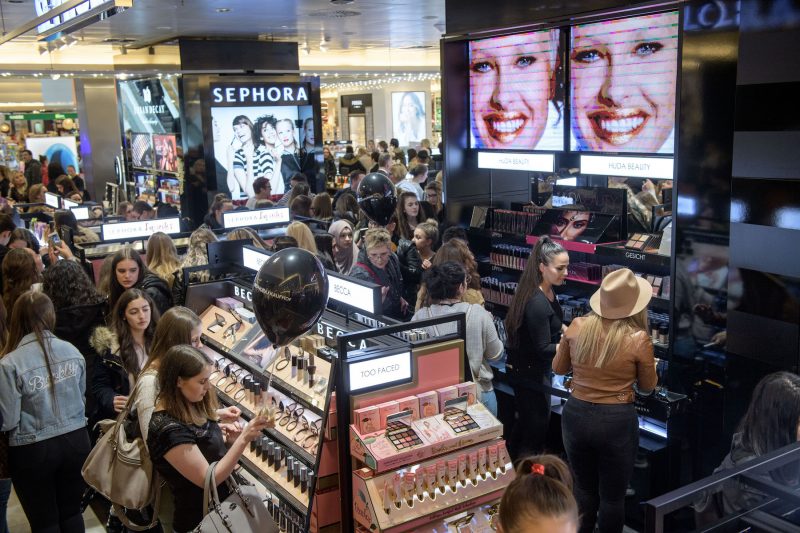
To achieve real success, retailers could hold long-term trainings rather than single-day sessions
Speaking to INSIDER, Torossian said education, like unconscious bias training, and a strong community of employees can greatly benefit brands like Sephora.
"Unconscious bias training is extremely important when it comes to setting high standards in the workplace and informing employees their actions could have consequences," Torossian said.
"While the retailer is not able to completely control racial profiling, it is their job to enforce inclusive practices within the brand," he continued. "If employees are representations of the brand, Sephora should hold them accountable when it comes to issues of bias either on the corporate level or on the sales floor."
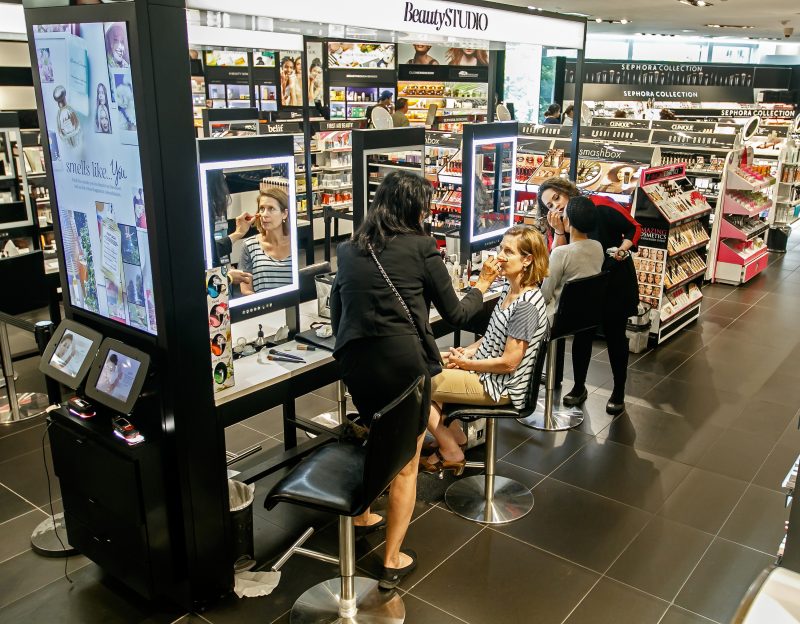
Still, that might not be achievable after a single day of training. According to a 2018 report from Forbes, unconscious bias training is most effective when used continuously over time.
"It is impossible to change long-term behaviors, stereotypes, and perceptions via one-day training," Janice Gassam wrote on Forbes. "How can you possibly expect to eradicate learned stereotypes and bias when individuals spent their entire lives thinking in a certain way?"
Gassam emphasized the importance of repeating training to ensure that it stays in employees' minds.
"In order for unconscious bias training to be effective, it has to be done frequently," she continued. "A one-time training is simply not effective and is a waste of time, money, and effort."
Ideally, companies like Sephora should be attempting to prevent racial discrimination before it occurs
While inclusive trainings can be effective, especially if held over time, Torossian believes companies should "determine the best practices and tools to recognize and mitigate its effects" before any consumers or employees are affected by discrimination.
He believes that "companies should work with their communication leads ahead of time to ensure that messaging is set and public facing because you can never know when a crisis may arise."
According to Torossian, companies need to make their message clear at all levels - and not just to store employees.
"Everyone from the C-Suite down should be actively involved in determining the right infrastructure for their business to make sure the impact of these programs lasts through changes in leadership and employee turnover," he said.
- Read more:
- Designers like Gucci are failing to learn from their mistakes and keep selling clothes that spark accusations of cultural insensitivity
- The Victoria's Secret Fashion Show will no longer be televised. Here's why the supermodel-filled event should be scrapped altogether.
- Moschino is being sued by a former employee who claims that their manager racially profiled black customers
- Dunkin' Donuts apologizes after an employee called the police on a family because they were speaking Somali
